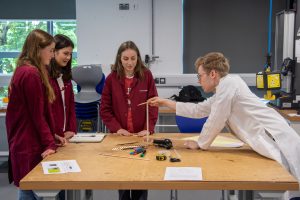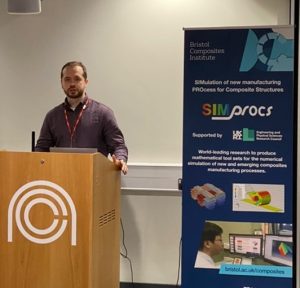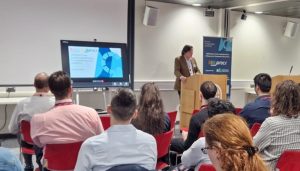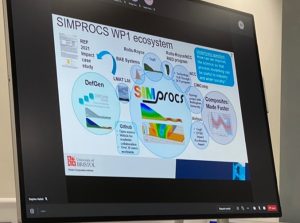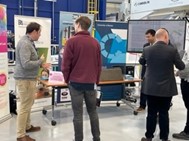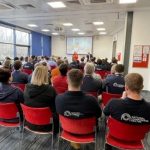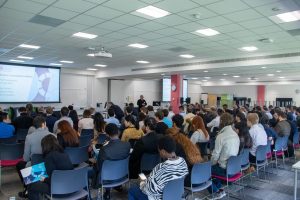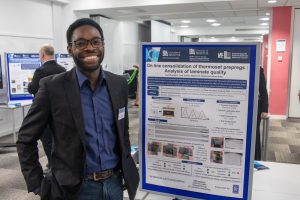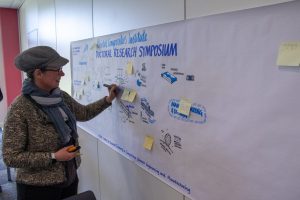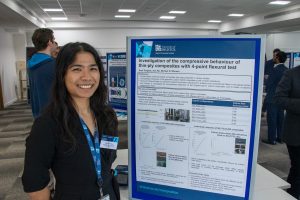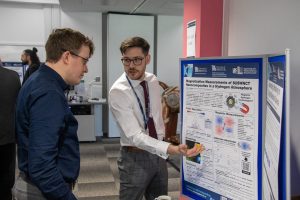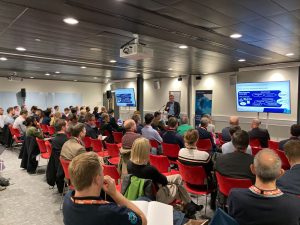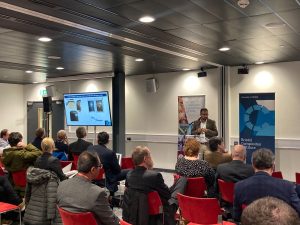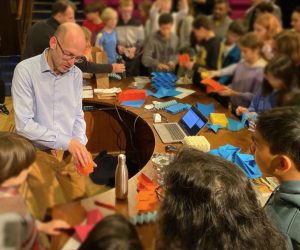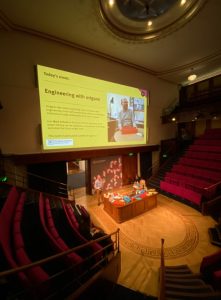The Bristol Composites Institute recently attended the 2023 International Conference on Composites Materials (ICCM23) which took place from 31 July – 4 August in Belfast. As a principal partner of the event, alongside the National Composites Centre (NCC), the BCI had a significant role in the conference and across 5 days delivered over 50 research presentations, chaired workshops and hosted a variety of special sessions through our NextCOMP and CerTest projects.
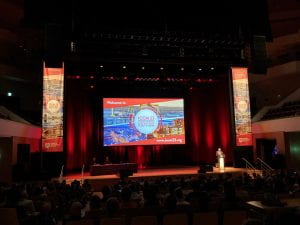
The NextCOMP sessions saw 29 speakers in 3 packed days of talks on “Understanding and improving longitudinal compression strength” and CerTest hosted a successful workshop and panel session on “Modernising Routes to Compliance with Composite Regulations: A Journey towards Virtual Testing and Digital Twinning” in collaboration with the NCC and the University of Bath.
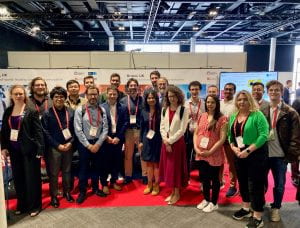
Prof. Janice Barton also took part as a panellist for the “Women in Composites Leadership Forum” which looked at the challenges, choices and collaborations that were important in their careers and in developing their pathways to success. The panel were asked several questions from the audience that included attracting more females to engineering, the spectre of positive discrimination, and the possibility to apply learnings to support other groups in the community, such as ethnic minorities. The forum was well attended with diverse audience of about 80 people. There were some lively discussions with positive directions for future activities identified. 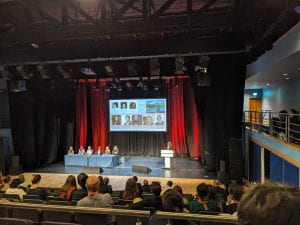
The conference, which welcomed researchers and industry professionals from around the world, provided a comprehensive platform for showcasing composites research, ranging from advanced materials and manufacturing techniques to structural integrity across a multitude of industries. The conference featured a vast line-up of keynote speakers and presenters (many of those coming from the BCI) who shared their expertise and insights on the latest breakthroughs in composites science and technology. In addition, ICCM23 also facilitated a range of networking opportunities with poster sessions, workshops, and informal discussions which encouraged ideas to be shared and new connections to be formed.
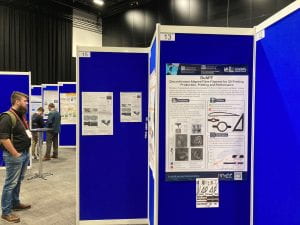
This was also an opportunity for us in the BCI to promote our working partnership with the NCC and showcase the high level of research that comes out of having such strong academic and industry links. It was the first time we had shared an exhibitor space and we would like to thank everyone for their positive feedback and interest in our joint collaborations. 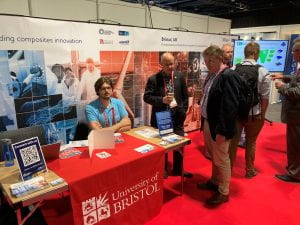
Thank you to everyone who spoke to us and asked questions about our research, and of course to our brilliant team of researchers who did a tremendous job of presenting to such a large, international audience.
We look forward to the next ICCM event!
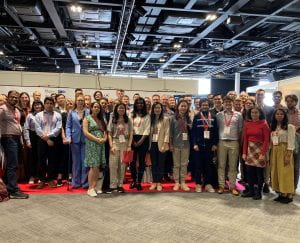
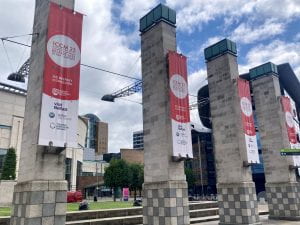

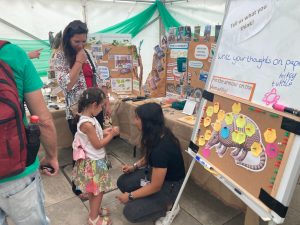
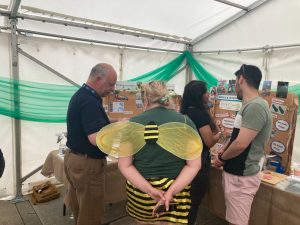
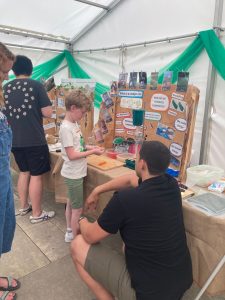
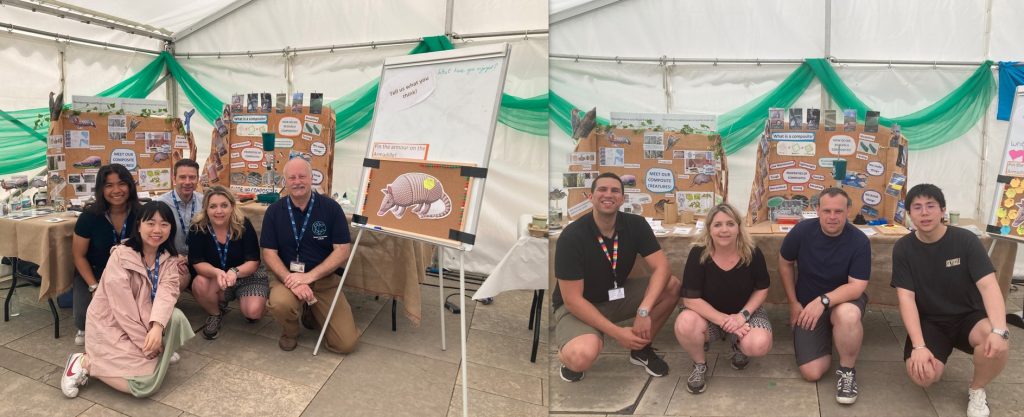
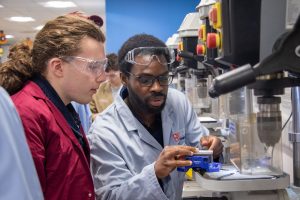
 The pupils also used the pillar drills and laser cutter to create keychains that they could take home with them. Each pupil was also given the opportunity to spend time on the flight simulator, which was widely praised by the pupils.
The pupils also used the pillar drills and laser cutter to create keychains that they could take home with them. Each pupil was also given the opportunity to spend time on the flight simulator, which was widely praised by the pupils.